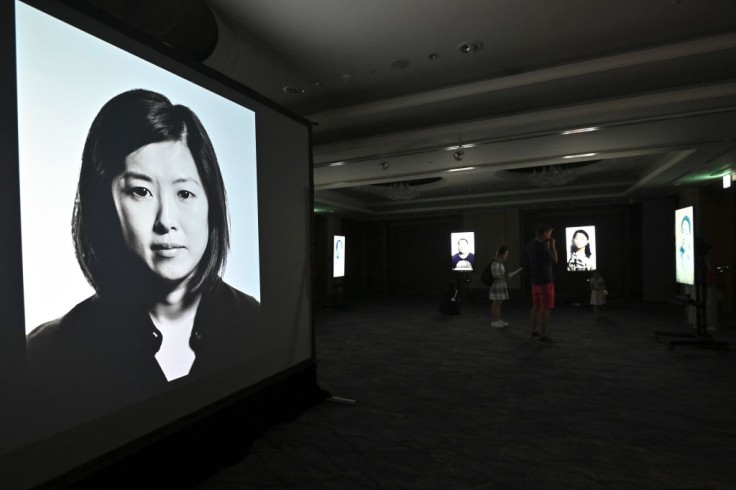
Mothers in South Korea were forced into giving their babies up for adoption as part of a government-funded program that shipped children overseas.
That is according to a report by the Truth and Reconciliation Commission, an initiative launched by South Korea in December 2020 to review human rights violations. The report found that more than a dozen babies born in several government-funded care facilities in the 1980s were forcibly taken from their mothers and brought to adoption agencies. In some cases, the infants were separated from their mothers on the day they were born.
One case outlined in the report said a mother who was unwilling to be separated from her baby was recorded as a "mentally ill" individual. A later update noted that the mother had agreed to waive her parental rights. The baby was then taken to an adoption agency, per The Guardian.
The children were then transferred to two adoption agencies, namely Holt Children's Services and Eastern Social Welfare Society. Most of the babies were given to families in Australia, Denmark, Norway, and the United States.
The commission is expected to release an interim report later this year.
How Many Babies Were Forcibly Taken?
A separate investigation spearheaded by The Associated Press, in collaboration with PBS News' "Frontline," found that the South Korean government partnered with Western countries to "supply some 200,000 Korean children to parents overseas."
To achieve this, children were kidnapped off the streets. The investigation found that adoption agencies also procured children from hospitals and maternity homes, which received illegal payments in exchange. In 1988 alone, more than 4,600 children were illegally taken from hospitals.
Records viewed by the outlet found that Holt Children's Services made nearly 100 illegal payments to hospitals worth about $16,000 in today's money. Eastern Social Welfare Society paid about $65,340 to hospitals in the same period.
A further investigation found that 90% of the children adopted by Western families actually had known relatives in South Korea. However, their paperwork documented them as "abandoned."
It is presently unclear how many adoptions done in the 1980s were questionable or fraudulent, AP noted.
Why Forced Adoptions Were Prolific at the Time
Most of the adoptions happened between the 1970s and 1980s. At the time, South Korea's military leadership was focused on developing its urban areas and fostering economic growth. They saw adoptions as a way to reduce the number of mouths to feed and address the "social problem" of mothers giving birth to babies out of wedlock, per US News.